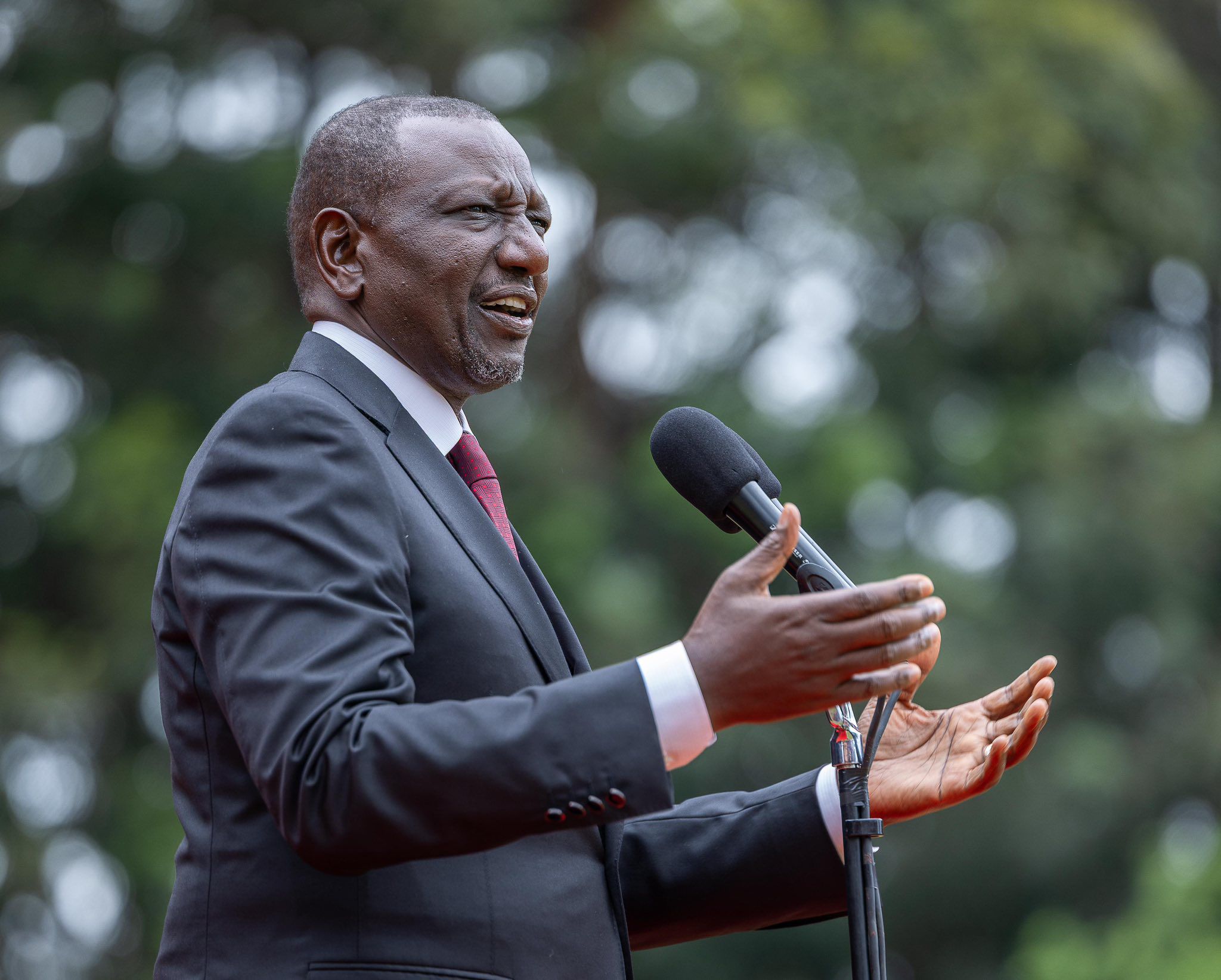Social Media Caution And Travel Advice: Harvard's Warning To International Students - Travel And Tour World
Monday, July 7, 2025

In response to growing scrutiny at U.S. ports of entry, Harvard University has recently issued a significant travel advisory to its incoming foreign students. The advisory, which specifically targets travelers to Boston, makes suggestions designed to minimize the risk of delay and involvement during the immigration process. Specifically, students are cautioned to consider using alternative points of entry, such as the New York JFK, Chicago O’Hare, or Los Angeles International airports, in an effort to avoid potentially lengthy interrogations and second-level examinations at Boston’s Logan International Airport. Harvard’s advisory, which includes use of social media and treatment of personal electronic devices as well, comes in a period of heightened tension and increased pressures upon the university’s foreign programs.
The primary focus of the advisory pertains to Logan International Airport, where international students, particularly those from STEM backgrounds or countries like China and Iran, have faced rigorous secondary inspections. Harvard officials have recommended that students consider rerouting their flights to other major international airports in the U.S. to avoid the long processing times and potential difficulties at Logan. This recommendation stems from a pattern of reports indicating heightened scrutiny for international students entering through Boston, which has caused anxiety among travelers.
While Boston’s Logan Airport remains a key entry point for many international students, Harvard has emphasized the advantages of alternative airports that have reportedly been more efficient in processing foreign visitors. These suggestions are seen as a proactive step to ensure smoother travel experiences for Harvard’s diverse student body.
Along with advising students to avoid Logan, Harvard’s advisory stressed the importance of being cautious with social media content. The U.S. State Department, which oversees the issuing of visas, has the authority to review the social media accounts of student visa applicants. Additionally, U.S. Customs and Border Protection has the power to search and examine the contents of personal electronic devices at border crossings. This scrutiny can, in some cases, result in the rejection of entry, based on the information found on those devices.
Harvard has recommended that students ensure their social media profiles do not contain content that could raise red flags. Posts expressing political views, particularly those supporting controversial stances such as pro-Palestinian content or anti-Semitic rhetoric, were highlighted as potentially problematic. Any posts perceived as critical of the U.S. government or its policies could also attract unwanted attention, according to the advisory. While the exact criteria for what constitutes a “red flag” remain unclear, the university has encouraged students to exercise caution when posting online.
Students have also been advised to carry essential documentation with them when traveling, including academic records like the SEVIS receipt, CV, admission letter, and I-20/DS-2019 forms. Additionally, students are instructed to ensure that their electronic devices are unlocked and fully accessible during border inspections. Harvard’s advisory clarifies that wiping a device of its contents prior to travel might raise suspicions and lead to further questioning. While no formal explanation has been given for why these practices are recommended, the university’s proactive stance aims to prevent any complications during travel.
Of particular concern to Harvard are the students from China and Iran, especially those pursuing studies in fields related to science, technology, engineering, mathematics, or artificial intelligence. Students from these countries have reportedly faced even greater scrutiny at U.S. borders. The advisory suggests that those from China or Iran may be subject to more rigorous questioning, particularly if they are engaged in sensitive fields. As a result, these students are encouraged to consider traveling to airports such as JFK, Chicago O’Hare, or Los Angeles International Airport, which may offer more streamlined entry processes.
The increased scrutiny comes against the backdrop of a tense relationship between Harvard University and the Trump administration, which has been critical of the university’s international programs. The administration has also canceled over $2.6 billion in federal research funding and raised questions about the university’s tax-exempt status. Initially, concerns were raised over Harvard’s alleged promotion of anti-Semitism, but the administration’s critique has since expanded to include accusations of political bias, opposition to diversity initiatives, and perceived favoritism toward international students. Harvard’s response has been to provide students with the necessary guidance to navigate these heightened immigration challenges.
In light of these tensions, the university has sought to ensure that its students are well-prepared to handle the complexities of U.S. immigration policies and procedures. By offering this travel advisory, Harvard aims to mitigate the risk of issues during travel and provide its international students with the best possible guidance on how to safely and efficiently enter the U.S.
Harvard University’s travel warning is characteristic of the growing problem facing incoming international students to the United States. As border security has increased and electronic device and social media searches have continued to grow at airports such as Logan International Airport, students are warned and reminded to stay safe and informed. Following Harvard’s advice in terms of documentation, social media conduct, and paths taken can help students have a smoother time acclimating to their studies in the U.S. The warnings seek to safeguard the university’s foreign student population while still navigating the complex and ever-evolving politics within U.S. immigration.
References: U.S. Department of State, U.S. Customs and Border Protection, Harvard University International Office
«Enjoyed this post? Never miss out on future posts by following us»












